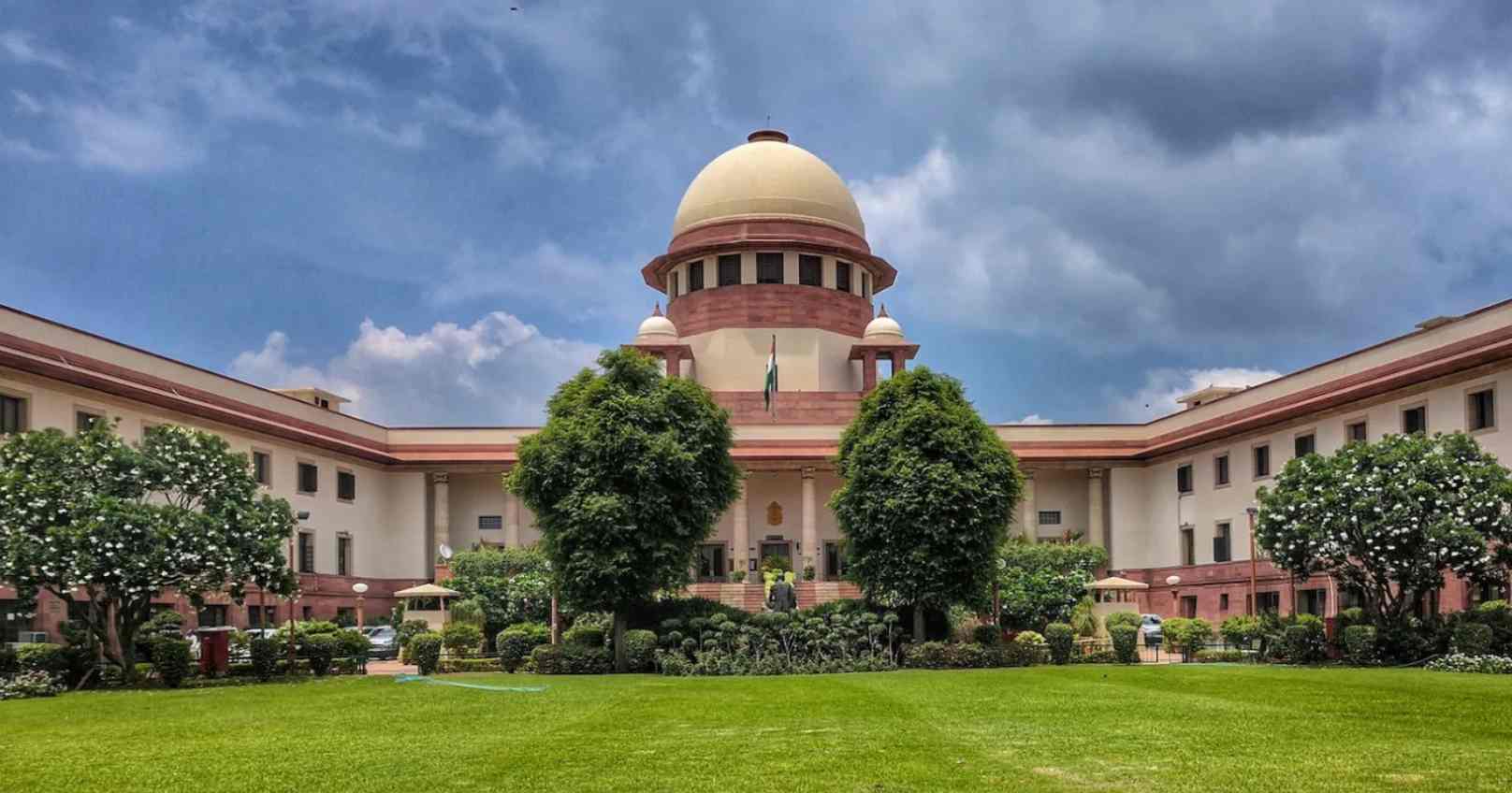Secularism, a term which means that there will be no interference of religion in any civil affairs and state affairs. Recently, a difference of opinion occurred between The High Court of Allahabad and the Hon’ble Supreme Court of India regarding a judgment, which is orderly in the judicial sphere. However, it became the talk of the town when one State's Highest Court held unconstitutional the law based on the reasoning of Secularism, whereas the Higher Judiciary of the country found nothing.
WHAT IS THE UTTAR PRADESH BOARD OF MADARSA EDUCATION ACT?
The act came into enforcement in the year 2004 on 3 September with the aim of establishing the Board of Madarsa in Uttar Pradesh and regulating all matters incidental to it. The establishment of the Board was done by Shri T.V. Rajeshwar (Governor of Uttar Pradesh in the year 2004) under the powers defined in Article 213(1) of the Constitution of India. The purpose of making this act is to provide education to Muslim children in Arabic, Urdu, Persian, Islamic studies, Tibb (traditional medicine), philosophy, and other specified branches. The Board provides undergraduate and postgraduate degrees to registered students with the names Kamil and Fazil. The board also regulates the Munshi and Maulvi exams, which are referred to as Class X and XII exams, respectively. The Board also provides a diploma certificate named Qari. Besides the regulation of degrees, this is the only education authority that deals with course structure, textbooks, reference books, and other study materials. Currently, there are 25,000 Madrasas in Uttar Pradesh, of which 16,500 have recognition from the U.P. Madarsa Education Board, and 8,500 are unrecognized but still providing studies.
DECISION OF ALLAHABAD HIGH COURT
The Allahabad High Court grasped U.P. Madarsa Act,2004 illegal on the ground of secularism on 22nd March,2024, while handling writ petition entered by the Anshuman Singh Rathore on the ground that Madarsa Board is providing conscientious education in scholarly institutions and abandoned to obey correct learning likely to the scholars until the age of 18. It is additional that education under the Madarsa Act is assuredly not equivalent to the instruction being gave to the pupils of different formal instructional institutions recognised by the state basic, high school and Intermediary Boards. The Allahabad High Court too concurred the debate bestowed by the applicant that the Madarsa Board does not have the authority to grant degrees. If they are doing so, it goes against the a rule that applies to a place of group of the UGC and further usurps the capacity of the UGC in deliberating graduation and post-graduation degrees.
Hon’ble High Court put emphasis saying that The Supreme Court interpreted the main aim of the right to education granted under Article 21 and 21A as enabling scholars in the current sketch by providing them accompanying contemporary education. Religious insight is main, but it should not be only linked with the cultural outlook. This prominence on education, exclusively from a scrupulous outlook will dictate disadvantages on graduates’ minds, preventing the growth of their inspiration.
THE SUPREME COURT STRUCK DOWN THE JUDGMENT OF THE HIGH COURT, QUOTING IT AS MISCONSTRUED
On April 5, 2024, the Supreme Court of India, led by Hon'ble Chief Justice D.Y. Chandrachud, issued a stay on the judgment of the Allahabad High Court and issued notice to both the U.P. government and the Central government. The Supreme Court provided relief to the students by clarifying that the U.P. Madarsa Act does not solely pertain to religious instruction. It also emphasized the importance of addressing the education of 17 lakh students and highlighted that striking down the Act is not the only solution. The Supreme Court observed that the Allahabad High Court failed to properly interpret the objectives of the U.P. Madarsa Act in conjunction with the regulatory powers of the U.P. Madarsa Board, and that the reasons provided were prima facie misconstrued.
During the proceedings, Attorney General R. Venkataramani argued that a law cannot be supported by extensive state involvement in religion and religious institutions. Additional Solicitor General of Uttar Pradesh K.M. Natraj supported this argument by stating that Madarsas are unable to provide education in subjects such as Math, Science, and English, and that the study of secular subjects is optional, creating a disparity between students of other educational boards and those belonging to the Madarsa Board. The Supreme Court addressed both these submissions and concluded that striking down the law or abolishing the Madarsa Board would not promote equality among students or ensure the dissemination of knowledge regarding secular laws. Instead, the Supreme Court suggested that the appropriate remedy would be to provide proper directions to the Board and ensure the effective functioning of educational institutions.
CONCLUSION
To sum up, we can say that the aim of educational institutions should not be secularized. Education should be a way to achieve secularism in society by respecting everyone’s religious views.






